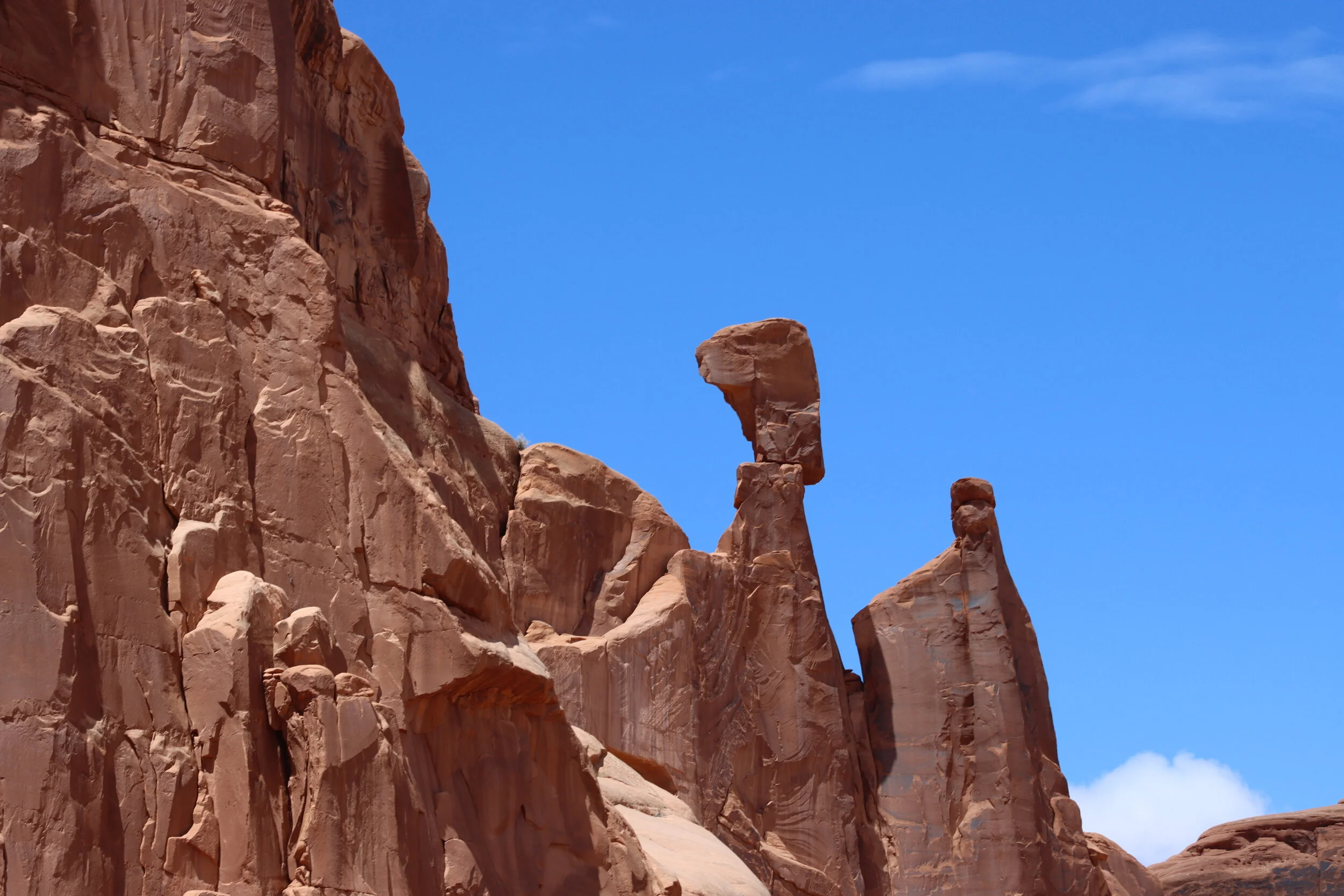Grit and Grace
From July 23rd to August 8th, we watched with mixed feelings as the 32nd Summer Olympics unfolded in Tokyo, Japan. Since its re-start in 1896, the Olympic games were staged every fourth year, except only during World Wars 1 and II (1916, 1940, and 1944); and this one. Postponed from 2020 to 2021 due to COVID-19, the Japanese people wowed us with the spectacular opening ceremonies, though we had doubts about how these Olympic games would pan out.
There were no fans in the stands, strict COVID-19 protocols were in place, and those of us at home shared a well-founded sense of worry as the threat of the virus and the new variants loomed over all the athletes, support staff, news media, and of course, the Japanese people.
Still, we expected nothing less than new world records, historic medal counts, incredible endurance, power and strength, grit at its best.
As the games proceeded and we cheered on from the comforts of our homes, what we did not expect was to also witness grace at its best: resilience, tenacious fortitude, kindness under pressure.
Grace personified in Simon Biles (USA), who withdrew to take care of her mental health, cheered on her team mates to win gold, then came back to compete and win bronze. Grace exemplified by Sifan Hassan (Netherlands), who stumbled during the women’s 1,500 meters, then lifted herself, caught up behind others, and finished first. Inspiring grace and resilience from Hidilyn Diaz (Philippines), who managed to train while stuck in Malaysia by building her own gym and working on weight sets made of bamboo sticks and jugs of water: she took home the first gold for her country. High jumpers Mutaz Essa Barshim (Qatar) and Gianmarco Tamberi (Italy) chose to forego a jump-off and decided to share Olympic gold. They showed what they valued most; as did shot put silver medalist Raven Saunders (USA) who defied the Olympic committee’s ban on athletes protesting, raising her arms in the form of an X while on the medal stand, a symbol for the oppressed. “I’m a black female, I’m queer and I talk about mental health awareness; I represent being at that intersection of the oppressed”.
As I watched the official closing of the games last Sunday, I felt an overwhelming sense of awe and admiration. The conditions were far from ideal. A newspaper article compared it to living in a “federal witness protection program” where athletes were shuttled from where they stay to the Olympic village while their movements were tightly monitored, and their health status constantly probed. We heard about the heat: it was like working in a furnace. There were no crowds to cheer; in the open-air events, “the most consistent background noise came from cicadas”. And yet, the competition forged ahead, on schedule, unshaken, undeterred.
In the words of Thomas Bach at the closing ceremony, “For the first time since the pandemic began, the entire world came together. Sport returned to centre stage. Billions of people around the globe were united by emotion, sharing moments of joy and inspiration. This gives us hope. This gives us faith in the future. The Olympic Games Tokyo 2020 are the Olympic Games of hope, solidarity and peace.”
I am grateful and inspired by the grit and grace of everyone who enabled us to witness, in the comforts of our homes, human beings achieve the highest possible physical, emotional and mental achievements under the worst circumstances: the athletes, the support staff, the news media, the Japanese people.
May their gifts of hope, solidarity and peace endure.



